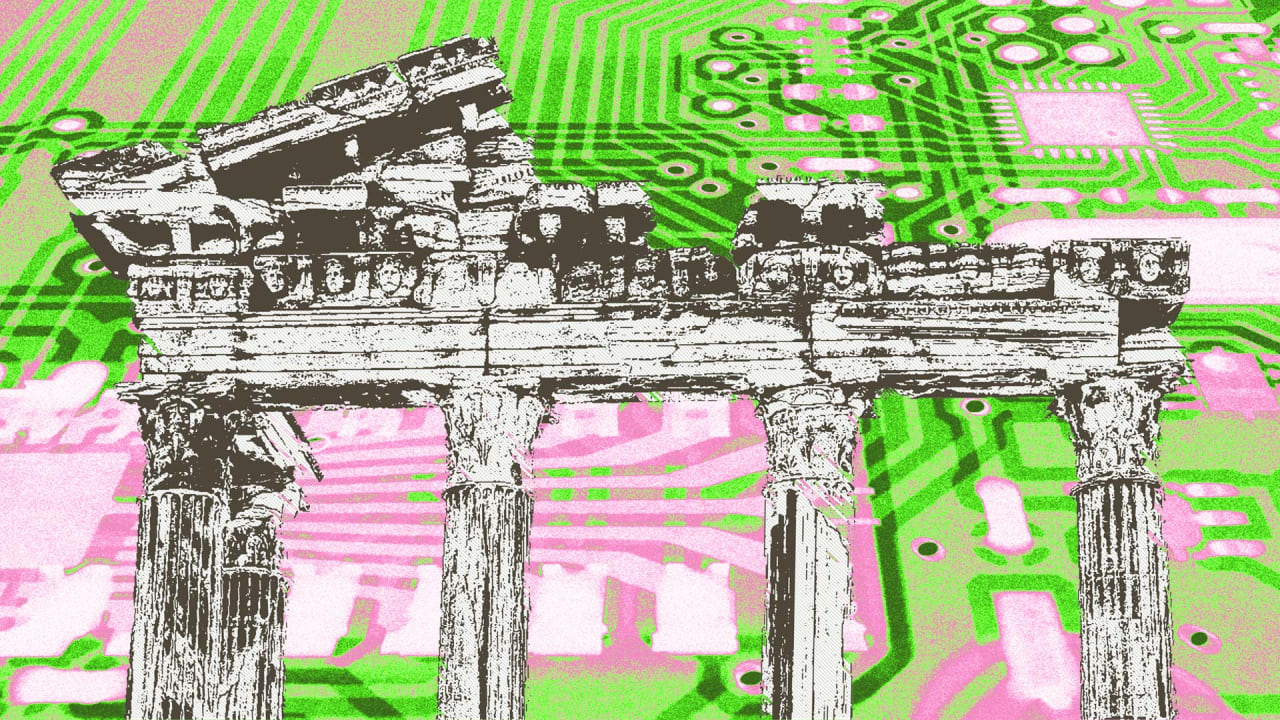[ad_1]

These crypto enthusiasts often cite examples of what they see as government corruption and corporate corruption. They recognize that society depends on governments and corporations setting and enforcing rules, and they complain that people are stuck with these “corrupt” institutions. Corruption, they say, is an inevitable flaw in humanity and leads to trying to control and mistreat others.
The enthusiasts see Bitcoin, blockchain and other crypto technologies as providing an alternative to the corruption. They argue that these new technologies are “trustless” and don’t depend on institutions. You can buy and sell things using bitcoin without checking with a bank or using government-issued cash.
These two beliefs – that governments are corrupt and that crypto avoids that corruption – are common among the crypto enthusiasts we studied. But enthusiasts go one step further. They seek change. They want to change who has power and who doesn’t.
They argue that crypto is how that change will happen. For crypto enthusiasts, using crypto isn’t just a way to buy and sell things. By using crypto technologies, they argue, society will become less dependent on governments and corporations. That is, using crypto – and getting as many people as possible to use it as much as possible – is a way to change the world and take power away from governments.
Pushing an ideology
These beliefs about who should and should not have power in society embody an ideology. An important part of the crypto ideology is that this change can’t happen unless people use crypto. The technology and the ideology are tied together.
For many of these enthusiasts, recommending crypto to other people is not just a technology recommendation. To them, buying and selling crypto is a form of political and social activism. They argue that buying crypto will remove corruption and change society to trust technology over government.
Beliefs in crypto’s ability to create social change are also overstated. Crypto technologies don’t necessarily eliminate corporations or avoid government control. There are private, corporate blockchains and many government regulations about cryptocurrencies. As I see it, simply using the technology doesn’t necessarily lead to the social change these enthusiasts seek.
Rick Wash is an associate professor of information science and cybersecurity at Michigan State University.
This article is republished from The Conversation under a Creative Commons license. Read the original article.
[ad_2]
Source link

Comments are closed.